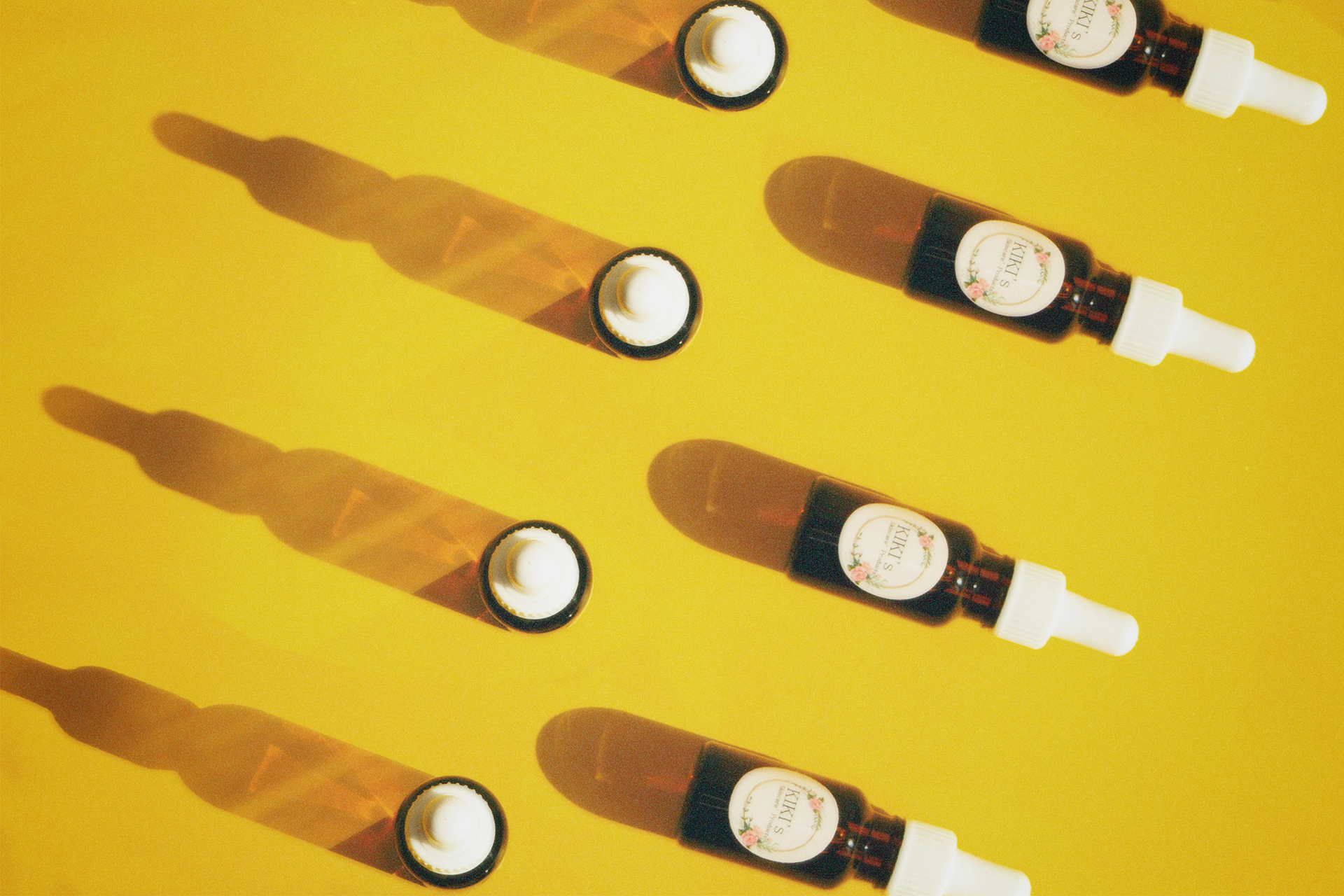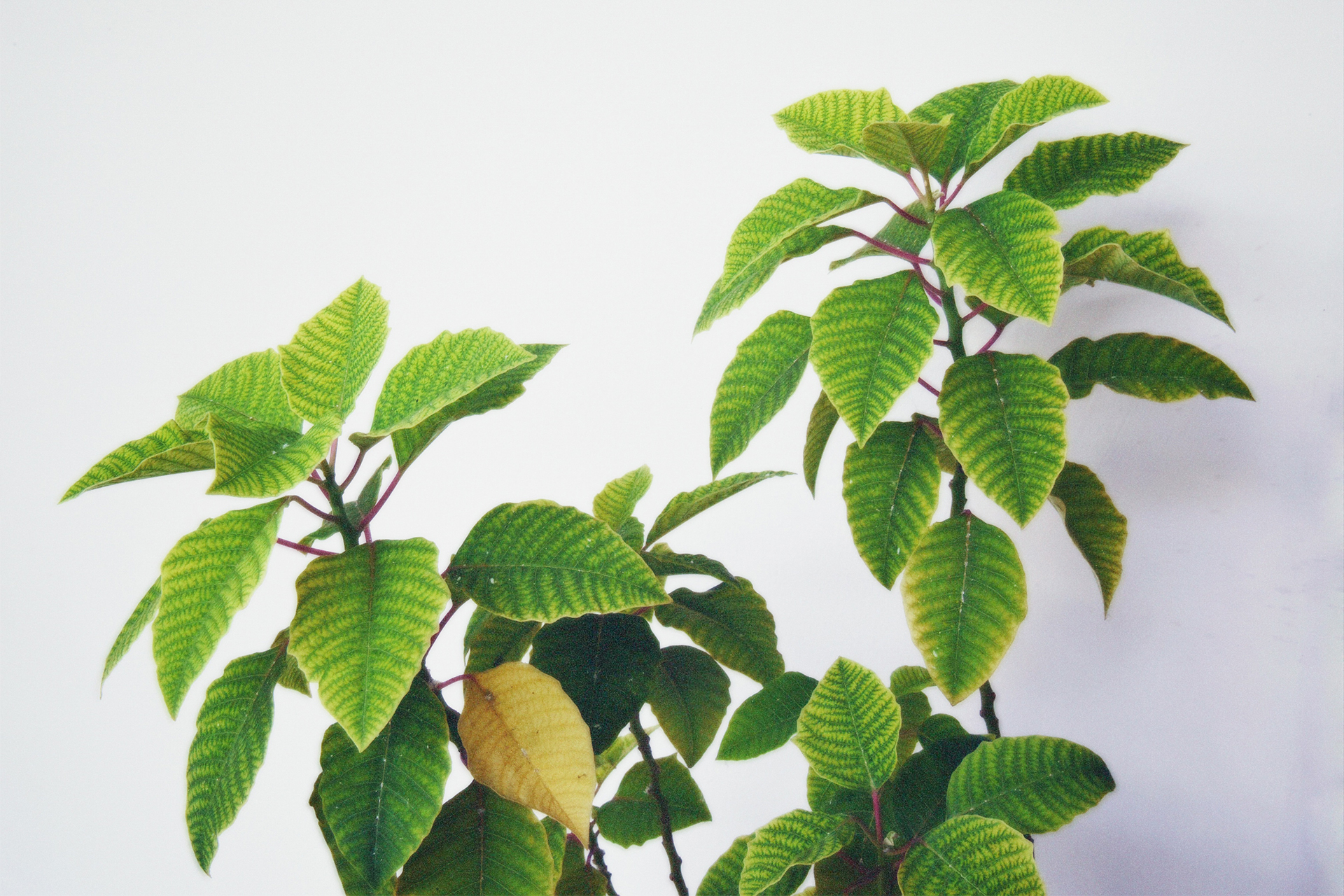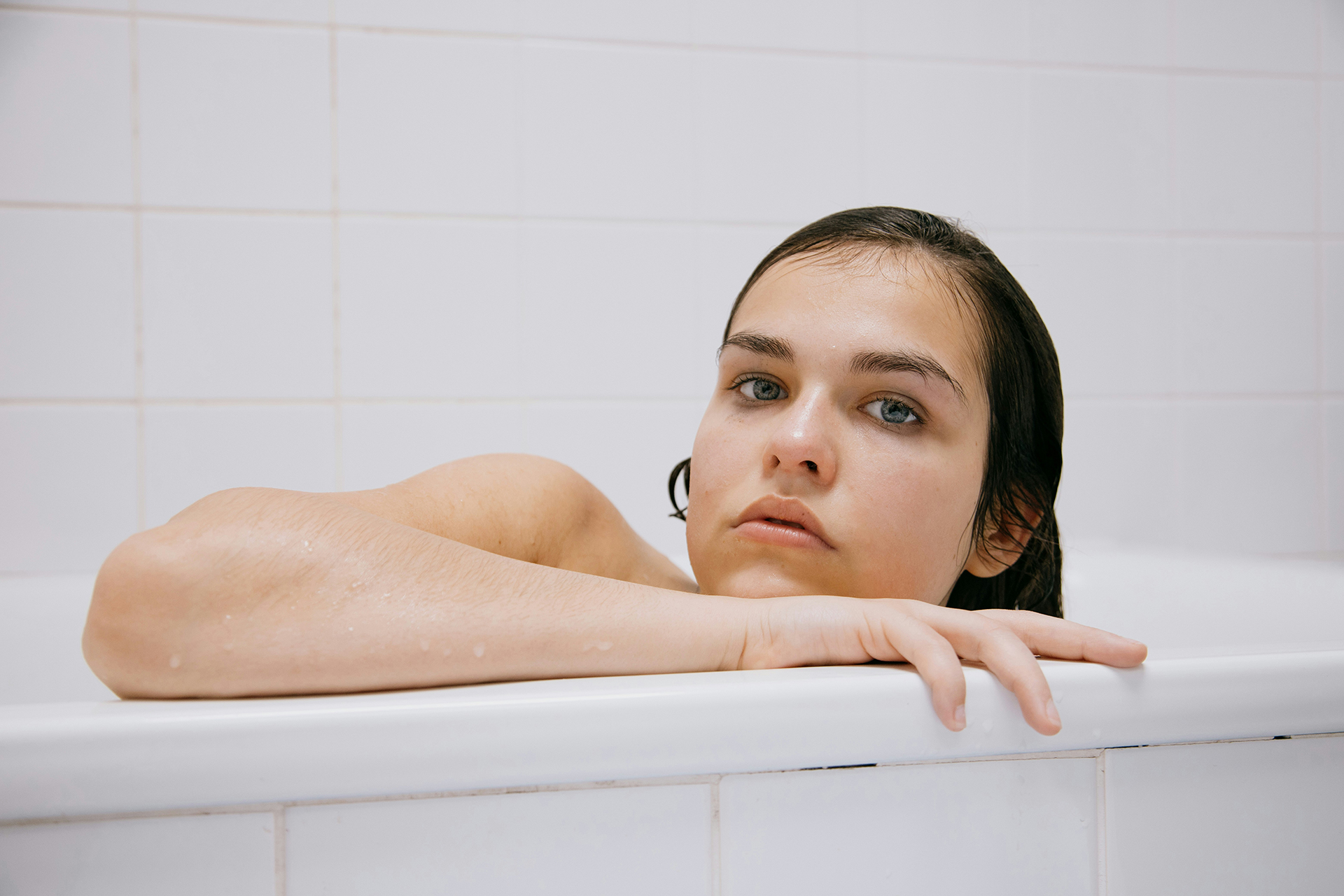In the quest for flawless, radiant skin, one of the most fundamental and often overlooked aspects is hydration. Whether you’re dealing with dry patches, fine lines, or a dull complexion, ensuring your skin is adequately hydrated can address many of these concerns. As a skincare expert and medical aesthetician, I’ve seen firsthand how essential hydration is for maintaining skin health. This article will delve into the intricate link between hydration and skin health, providing you with practical tips and insights to keep your skin looking its best.
Understanding Skin Hydration
The Skin’s Structure
To understand the importance of hydration, it’s crucial to first grasp the basic structure of the skin. The skin is composed of three primary layers: the epidermis, dermis, and subcutaneous tissue.
- Epidermis: The outermost layer, which acts as a barrier to protect against environmental damage, pathogens, and water loss.
- Dermis: The middle layer, containing collagen and elastin fibers, which provide structural support and elasticity.
- Subcutaneous Tissue: The deepest layer, composed of fat and connective tissue, which insulates the body and absorbs shock.
The Role of the Stratum Corneum
The outermost part of the epidermis, the stratum corneum, plays a vital role in maintaining skin hydration. It’s composed of dead skin cells (corneocytes) embedded in a lipid matrix. This layer acts as a barrier, preventing excessive water loss and protecting against external irritants.
Natural Moisturizing Factors (NMFs)
Natural Moisturizing Factors (NMFs) are a group of substances within the stratum corneum that help retain water. These include amino acids, lactic acid, urea, and various salts. NMFs attract and hold onto water, maintaining the hydration and pliability of the skin.
The Importance of Hydration for Skin Health
Improved Skin Barrier Function
When the skin is well-hydrated, the stratum corneum maintains its integrity and effectiveness as a barrier. This prevents water loss and protects against harmful microorganisms and irritants. Conversely, dehydration can compromise the skin barrier, leading to increased sensitivity and susceptibility to environmental damage.
Enhanced Elasticity and Firmness
Hydrated skin is more elastic and resilient. Adequate moisture levels help maintain the skin’s structural proteins, such as collagen and elastin, which are responsible for its firmness and elasticity. Dehydration can lead to a loss of skin elasticity, resulting in sagging and the formation of fine lines and wrinkles.
Smoother Texture
Hydration plays a crucial role in maintaining a smooth and even skin texture. Well-hydrated skin is plump and supple, reducing the appearance of rough patches and uneven texture. In contrast, dehydrated skin can become dry, flaky, and rough.
Radiant Complexion
Hydrated skin reflects light more effectively, giving it a natural glow. When the skin is well-moisturized, it appears brighter and more radiant. Dehydration, on the other hand, can lead to a dull and lackluster complexion.
Reduced Fine Lines and Wrinkles
Hydration helps to plump up the skin, making fine lines and wrinkles less noticeable. When the skin is adequately moisturized, it appears smoother and more youthful. Dehydration can exacerbate the appearance of fine lines and wrinkles, making them more prominent.
Factors Affecting Skin Hydration
Environmental Factors
- Climate: Cold, dry weather can strip the skin of moisture, while hot, humid conditions can lead to increased sweating and potential dehydration.
- Air Conditioning and Heating: Indoor climate control systems can reduce humidity levels, leading to dry skin.
- Sun Exposure: UV radiation from the sun can damage the skin barrier and increase water loss.
Lifestyle Factors
- Diet: A diet lacking in essential fatty acids, vitamins, and minerals can affect skin hydration. Consuming sufficient water and nutrient-rich foods is crucial for maintaining healthy skin.
- Alcohol and Caffeine: Both alcohol and caffeine can have diuretic effects, leading to increased water loss and potential dehydration.
- Stress: Chronic stress can affect hormone levels, potentially impacting skin hydration and barrier function.
Skincare Routine
- Cleansers: Harsh cleansers can strip the skin of its natural oils, leading to dryness. Opt for gentle, hydrating cleansers.
- Moisturizers: Using the right moisturizer for your skin type is essential for maintaining hydration. Look for products containing humectants, emollients, and occlusives.
- Exfoliation: Over-exfoliation can compromise the skin barrier and lead to dehydration. It’s important to exfoliate gently and not too frequently.
Tips for Maintaining Skin Hydration
Stay Hydrated
Drinking plenty of water is essential for overall health, including skin health. Aim to drink at least eight glasses of water a day. In addition to water, consuming hydrating foods such as fruits and vegetables can also help maintain hydration levels.
Use Hydrating Skincare Products
Incorporate hydrating products into your skincare routine. Look for ingredients like hyaluronic acid, glycerin, and aloe vera, which are known for their hydrating properties.
Protect Your Skin Barrier
Use gentle cleansers and avoid over-exfoliating. Apply a moisturizer daily to help maintain the skin barrier. Consider using a richer moisturizer during the colder months or if you have particularly dry skin.
Avoid Hot Showers
While hot showers can be relaxing, they can also strip the skin of its natural oils. Opt for lukewarm water and limit your shower time to prevent dehydration.
Use a Humidifier
Using a humidifier in your home, especially during the winter months, can help maintain moisture levels in the air, preventing your skin from drying out.
Hydrating Skincare Ingredients
Hyaluronic Acid
Hyaluronic acid is a powerful humectant that can hold up to 1,000 times its weight in water. It attracts and retains moisture, making it an excellent ingredient for hydrating the skin.
Glycerin
Glycerin is another effective humectant that draws moisture into the skin. It’s commonly found in moisturizers and serums and helps keep the skin hydrated and plump.
Aloe Vera
Aloe vera is known for its soothing and hydrating properties. It helps to retain moisture in the skin and can be particularly beneficial for sensitive or irritated skin.
Ceramides
Ceramides are lipids that help to restore and maintain the skin barrier. They are essential for preventing water loss and keeping the skin hydrated.
Squalane
Squalane is a lightweight oil that mimics the skin’s natural sebum. It helps to lock in moisture and keep the skin hydrated without feeling greasy.
Urea
Urea is a natural moisturizing factor that helps to retain moisture in the skin. It’s particularly effective for treating dry, rough skin.
DIY Hydrating Skincare Treatments
Hydrating Face Mask
Ingredients:
- 1 tablespoon of honey
- 1 tablespoon of yogurt
- 1 teaspoon of aloe vera gel
Instructions:
- Mix the honey, yogurt, and aloe vera gel in a bowl.
- Apply the mixture to your face and leave it on for 15-20 minutes.
- Rinse off with lukewarm water and pat your skin dry.
Hydrating Toner
Ingredients:
- 1 cup of rose water
- 1 tablespoon of glycerin
- 1 tablespoon of witch hazel
Instructions:
- Mix the rose water, glycerin, and witch hazel in a spray bottle.
- Shake well before each use.
- Spray the toner onto your face after cleansing, before applying moisturizer.
Hydrating Body Scrub
Ingredients:
- 1 cup of sugar
- 1/2 cup of coconut oil
- 1 tablespoon of honey
Instructions:
- Mix the sugar, coconut oil, and honey in a bowl until well combined.
- Apply the scrub to your body in circular motions.
- Rinse off with lukewarm water and pat your skin dry.
The Role of Diet in Skin Hydration
Water-Rich Foods
Incorporate water-rich foods into your diet to help maintain hydration levels. Some examples include:
- Cucumbers: Composed of about 95% water, cucumbers are a great hydrating snack.
- Watermelon: With a water content of 92%, watermelon is both hydrating and refreshing.
- Strawberries: These berries are not only hydrating but also packed with antioxidants.
Healthy Fats
Healthy fats are essential for maintaining the skin barrier and preventing water loss. Include sources of healthy fats such as:
- Avocado: Rich in healthy fats and vitamins, avocado helps keep the skin hydrated and nourished.
- Nuts and Seeds: Almonds, walnuts, and chia seeds are great sources of healthy fats and essential nutrients.
Hydrating Beverages
While water is the best choice for hydration, other beverages can also contribute to your daily fluid intake:
- Herbal Teas: Herbal teas like chamomile and peppermint can be hydrating and soothing.
- Coconut Water: Rich in electrolytes, coconut water is an excellent hydrating beverage.
Hydration and Aging
The Impact of Dehydration on Aging
As we age, our skin’s ability to retain moisture decreases, leading to dryness and the formation of fine lines and wrinkles. Dehydration can accelerate the aging process, making the skin appear older than it actually is.
Hydration for Anti-Aging
Maintaining proper hydration is crucial for slowing down the aging process. Hydrated skin is more resilient, plump, and youthful-looking. Incorporating hydrating ingredients into your skincare routine can help minimize the
appearance of fine lines and wrinkles.
Conclusion
The link between hydration and skin health is undeniable. Proper hydration is essential for maintaining a healthy, radiant complexion. By understanding the importance of hydration, incorporating hydrating skincare products, and adopting healthy lifestyle habits, you can achieve and maintain optimal skin health. Remember, hydration is not just about drinking water—it’s about nourishing your skin from the inside out and providing it with the necessary ingredients to stay hydrated and resilient. Whether you’re dealing with dryness, fine lines, or a dull complexion, prioritizing hydration can make a significant difference in your skin’s overall appearance and health. So, start hydrating today and enjoy the benefits of healthy, glowing skin.



